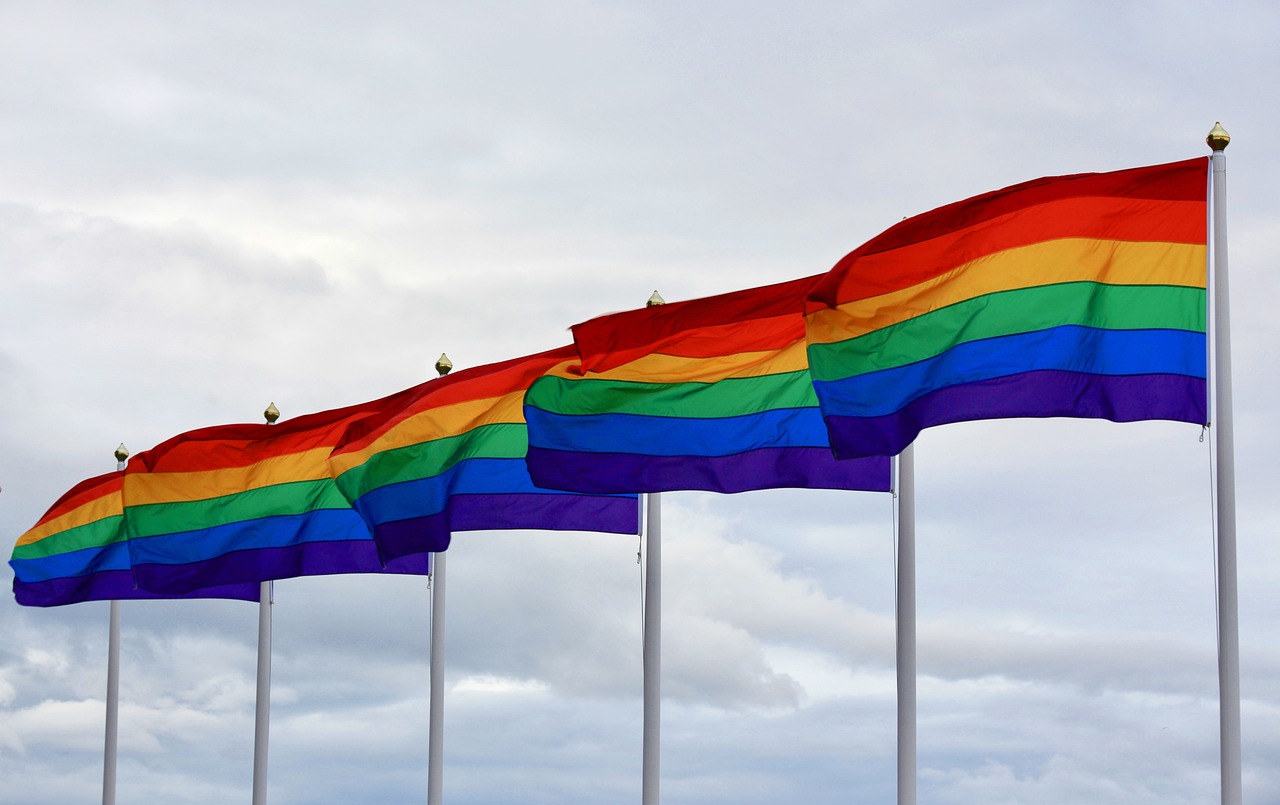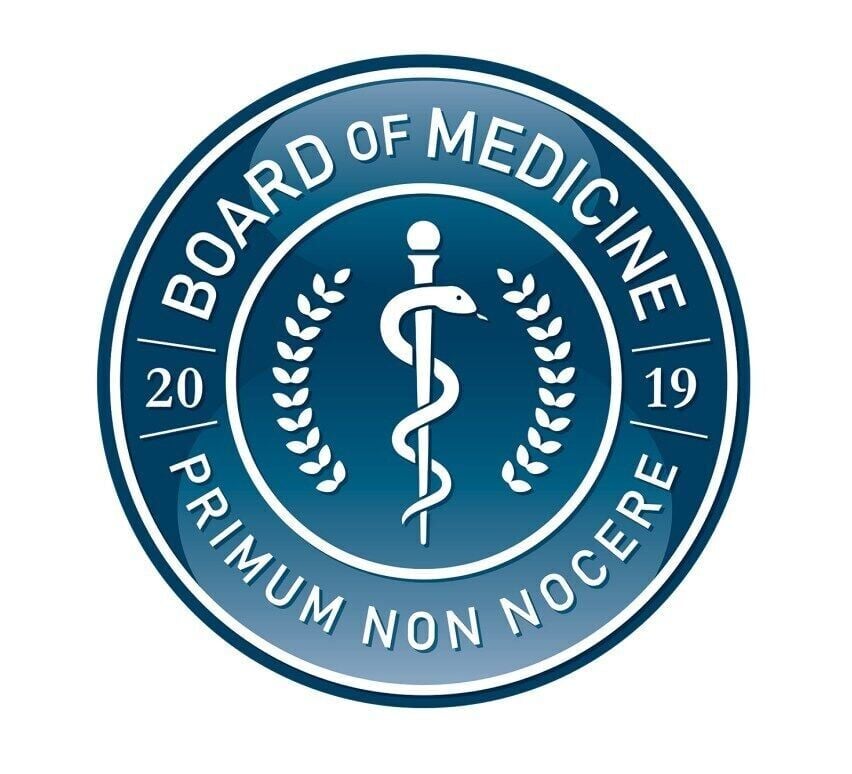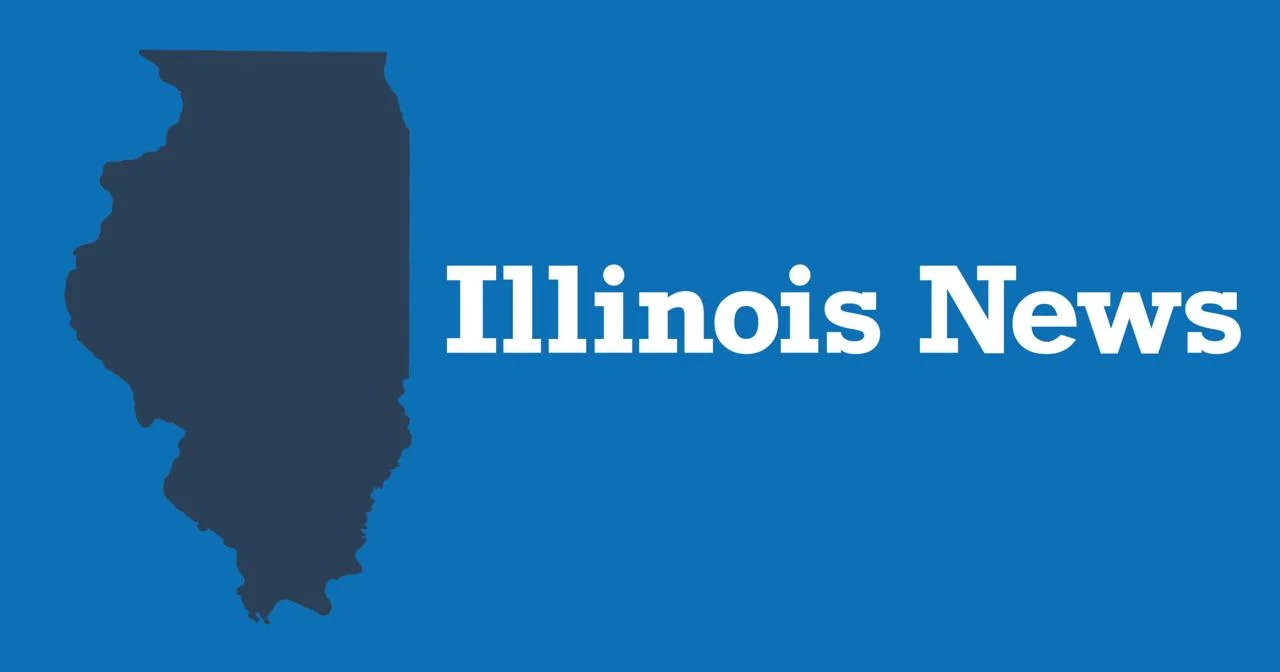A coalition of 19 attorneys general has filed an amicus brief with the US Supreme Court, supporting a Maryland county’s policy of including LGBTQ-inclusive books in school curricula without a parental opt-out option. The brief asserts that this approach does not violate the US Constitution, engaging critical discussions on education and constitutional law.
Attorneys general file brief to US Supreme Court supporting Maryland county’s LGBTQ book curriculum

Key Takeaways:
- Coalition of Attorneys General: Nineteen attorneys general have collectively filed an amicus brief to the US Supreme Court.
- Support for LGBTQ-Inclusive Curriculum: The brief backs a Maryland county’s policy of incorporating LGBTQ-inclusive books without an opt-out provision for parents.
- Constitutional Compliance: The attorneys general argue that the policy does not violate the US Constitution.
- First Amendment Considerations: The case engages important constitutional issues related to the First Amendment and the Free Exercise Clause.
- Educational Policy Implications: The Supreme Court’s decision could have wider impacts on how schools implement inclusive curricula.
Attorneys General Support LGBTQ Curriculum Policy in Supreme Court Brief
A coalition of 19 attorneys general filed a 31-page amicus brief with the US Supreme Court on Wednesday, backing a Maryland county’s policy of including LGBTQ-inclusive books in school curricula without offering an opt-out option for parents.
Defending the Inclusive Curriculum
The attorneys general assert that the policy does not violate the US Constitution. They argue that exposing students to diverse perspectives through LGBTQ-inclusive literature is an essential part of education and does not infringe upon religious freedoms.
“The use of LGBTQ-inclusive books in the school curriculum is a legitimate educational decision that promotes inclusivity and understanding among students,” the brief states.
Constitutional Arguments
The coalition addresses concerns related to the First Amendment and the Free Exercise Clause. They contend that the policy maintains neutrality concerning religious beliefs while serving a secular educational purpose.
Impact on Educational Policies
This legal support highlights the ongoing national conversation about the inclusion of LGBTQ topics in education. The Supreme Court’s consideration of the brief may influence future policies on curriculum development and parental rights in schools across the country.
Looking Ahead
As the Supreme Court deliberates on the case, educators and policymakers watch closely. The outcome has the potential to set a precedent for how schools balance inclusive education with the diverse beliefs of students and parents.











